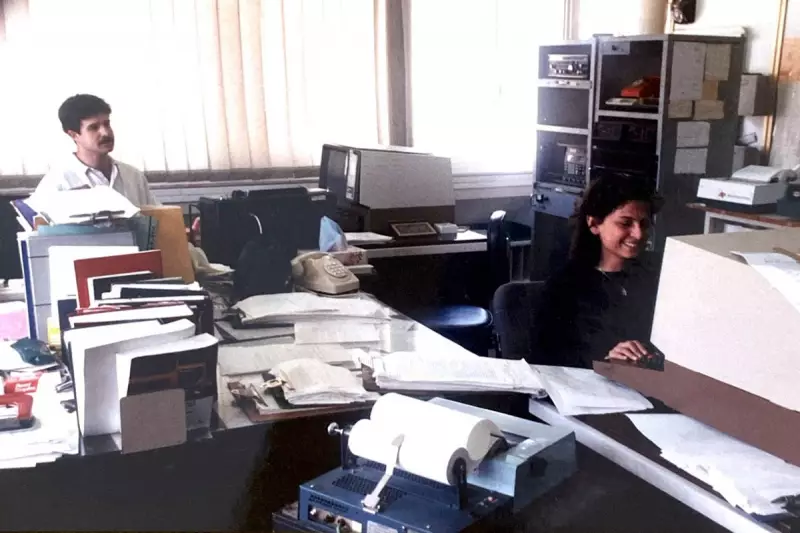
BEIRUT - Tensions have dramatically escalated along the Lebanon-Israel border following the targeted assassination of a senior Hezbollah commander, raising fears of an expanding regional conflict.
High-Profile Assassination Rocks Southern Lebanon
Wissam al-Tawil, a prominent commander within Hezbollah's elite Radwan forces, was killed when his vehicle was struck in the southern Lebanese village of Khirbet Selm. The precision strike, widely attributed to Israeli forces, represents one of the most significant blows to the Iran-backed militant group since hostilities began escalating three months ago.
Security sources confirmed that al-Tawil held a senior position overseeing operations in a sensitive border region, making his elimination a major strategic development in the ongoing conflict.
Regional Implications and Response
The assassination comes amid growing international concern about the potential for the Israel-Hamas conflict to spill over into a wider regional war. Hezbollah, considered one of the most heavily armed non-state actors in the world, has been engaged in daily exchanges of fire with Israeli forces across the border since October.
"This represents a serious escalation," noted Middle East security analyst Dr. Elias Khoury. "When you eliminate a commander of this calibre, you're not just sending a message - you're potentially changing the operational dynamics along the entire border."
Beirut Braces for Potential Retaliation
In Beirut, residents are watching developments with increasing apprehension. The city still bears the scars of previous conflicts with Israel, and many fear that continued escalations could draw the capital into direct confrontation.
The strike occurred just days after a senior Hamas official was killed in a similar operation in Beirut's southern suburbs, further straining the delicate security situation in Lebanon.
International Diplomatic Efforts Intensify
Western diplomats have been working frantically to prevent the situation from spiralling out of control. The United States and European nations have dispatched senior officials to the region, urging restraint on all sides.
However, with both Israel and Hezbollah signalling their readiness for more significant confrontation, the prospects for de-escalation appear increasingly uncertain as the region holds its breath for what might come next.





